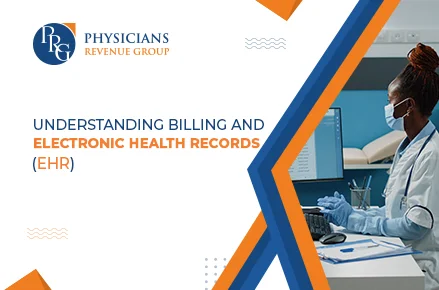Electronic Health Records (EHR) A Digital Revolution in Healthcare
Electronic Health Records (EHRs) have revolutionized the way healthcare information is managed and shared. These digital records contain a patient’s comprehensive health information, including medical history, medications, allergies, immunization records, and laboratory test results.
Benefits of EHRs
- Improved Patient Care: EHRs provide healthcare providers with easy access to patient information, enabling them to make informed decisions and deliver better care.
- Enhanced Coordination: EHRs facilitate seamless communication and coordination among healthcare providers, reducing medical errors and improving patient outcomes.
- Increased Efficiency: EHRs streamline administrative tasks, such as scheduling appointments and generating medical reports, saving time and resources.
- Enhanced Data Security: EHRs utilize advanced security measures to protect patient information from unauthorized access.
- Improved Population Health Management: EHRs enable healthcare providers to analyze large datasets to identify trends and implement preventive measures.
Challenges and Considerations
While EHRs offer numerous benefits, they also present certain challenges:
- Interoperability: The lack of interoperability between different EHR systems can hinder data sharing and coordination.
- Data Security and Privacy: Protecting sensitive patient information from cyber threats is a major concern.
- Implementation Costs: Implementing and maintaining EHR systems can be costly, particularly for smaller healthcare providers.
- User Training and Adoption: Healthcare providers and staff require adequate training to effectively use EHRs.
The Future of EHRs
The future of EHRs is bright, with ongoing advancements in technology and increasing adoption rates. As healthcare systems continue to evolve, EHRs will play a critical role in improving patient care, reducing healthcare costs, and advancing medical research.
By embracing EHRs and addressing their challenges, healthcare providers can unlock their full potential and deliver high-quality, patient-centered care.
Would you like to know more about a specific aspect of EHRs, such as interoperability or data security?

